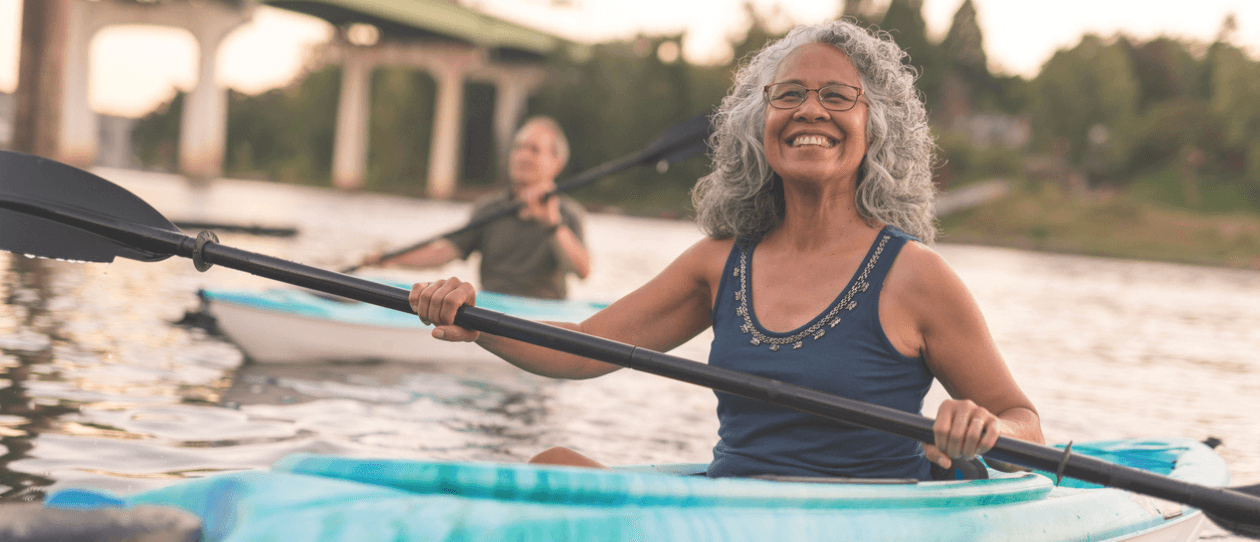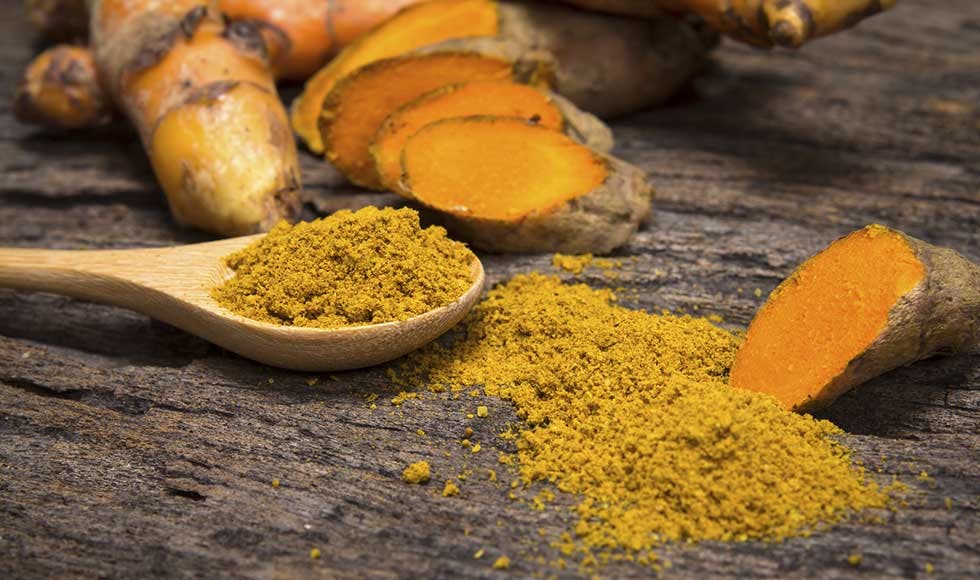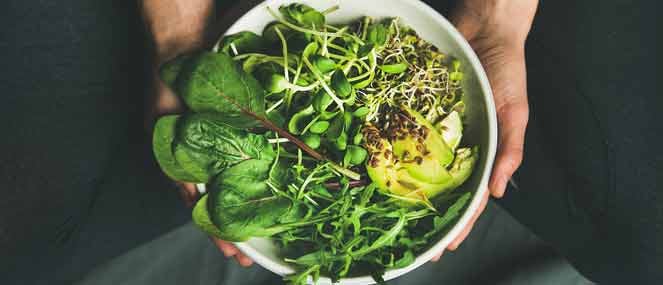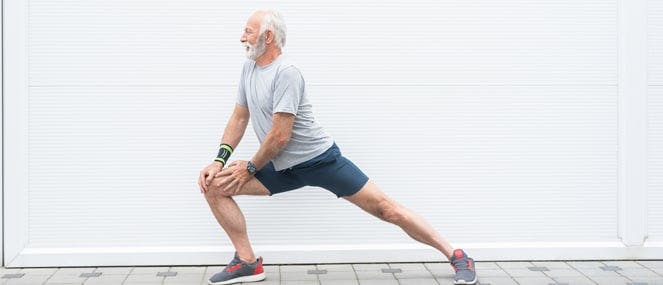


Age related changes such as menopause, combined with a poor diet and lack of exercise can form a perfect storm. Particularly, for our bones. Slowly these factors can rob us of bone density, at a rate of 1 percent per year after our 40th birthday.
But thankfully, it’s not all doom and gloom. Luckily there are simple, natural ways you can fight back for strong, healthy bones and lead an overall healthy life.
1. Eat a bone-building diet
Eating a variety of vegetables can fill your diet with a combination of vitamins and minerals, essential for overall health.Calcium is important for our bone density as we get older. Calcium is found in dairy products, almonds, broccoli, kale and canned fish with bones, such as salmon.Protein is also good for healthy bones. This essential nutrient is in eggs, beans and legumes, as well as lean cuts of meat. You don’t need to eat a T-bone steak every day to get the benefits. Foods that are best to stay clear of are high in salt, sugar or highly processed.
2. Avoid bone destructive habits
Alcohol and smoking get the blame for a range of health issues, and it’s probably no surprise they affect our bones health too. Alcohol can interfere with the balance of calcium in the body, which is crucial for healthy bones. Drinking regularly can also affect the production of hormones, like oestrogen. Oestrogen, is important for bone growth and helps protect our bones.
Alcohol may also interfere with the production of some vitamins, which we need to absorb calcium. Bones are living tissue, so they need a blood supply. Smoking can reduce blood supply and slow bone cell production. Smoking also interferes with hormone regulation.
3. Exercise
Exercising is fantastic for your heart and surprisingly good for your bones too. The Physical Activity and Exercise Guidelines for all Australians suggest exercising every day.
For adults under 65, the guidelines suggest exercising at a moderate intensity for 2.5 to 5 hours every week. This could be a brisk walk, mowing the lawn or swimming. When it comes to vigorous exercises, such as jogging, soccer or an aerobics class, you only need to complete half this amount a week. Older Australians are encouraged to be active for half an hour every day.
Three types of exercise are specifically good for your bones.
4. Essential vitamins and minerals
Growing up, you were probably encouraged to drink a glass of milk for strong, healthy bones. This is still great advice as we get older. But calcium isn’t the only vitamin and mineral needed for healthy bones.
5. Maintain a healthy weight
Excess weight may put extra pressure on bones and joints. Placing stress on bones as we age increases the risk of fractures. But, being too thin is also not a good idea.
Very thin, post menopausal women can lose a lot of density from their bones. Less oestrogen because of menopause means more bone density is lost than created. Also, very thin people have less bone density overall.People who swing between diets, losing and gaining weight, are also harming their bone health. Studies show that losing bone density when dieting was not replaced when weight was put back on.
Overall, maintaining a healthy, stable weight and eating well is best for healthy bones.




